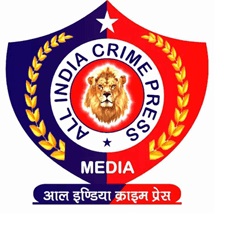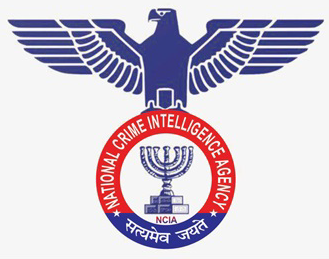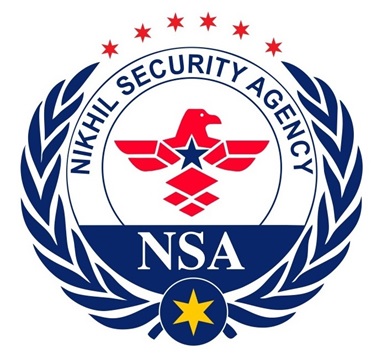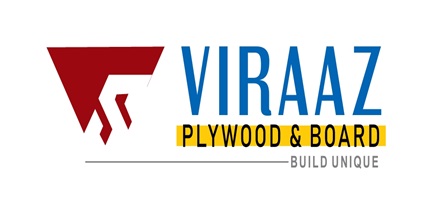Removable of Director Disqualification
Incorporation & Registration, NGO Registration, Company Compliances, Corporate Contract Drafting, Manage Finance & Accounting, Taxation, Government Mandatory Registration
3000 +
Happy clients
300 +
Advocate, CA, CS
10 +
Associates Offices
Request A Call Back
Removable of Director Disqualification
Who is Disqualified Director?
The non-compliance of following criteria shall be classified to a Director under the disqualified category. The details are given below:-
1. If he/she has failed to file financial statements or annual returns for consecutive 3 financial years; or
2. If he/she has made default in payment of deposits or interest thereon, such failure in relation to payment or redemption has taken place for one year or more; or
3. From the date of disqualification, such disqualified director shall not be eligible to be re-appointed as a director in such company or any other company for a consecutive period of 5 years.

What is Director Disqualification?
The whole industry got surprised by the mass disqualification of directors and deactivation of DINs by the Registrar of Companies. This had been done by the authority to keep the compliances in line and not to obstruct a way. In order to remove the director disqualification and restoration of DIN, authority has provided them various opportunities even if the directors do not want to revive the Company or the Company is not in operations due to any reason.
Under section 164(2) and 167(1)(a) of the Companies Act, The Ministry of Corporate Affairs disqualified around 3.5 lakh directors who have failed to comply with the prescribed rules & regulations. Thereafter, MCA blocked DIN of all the disqualified directors in order to take preventive measure.
This decision of authority has left many companies without board of directors. Suppose director is holding directorship in multiple companies and one of those companies failed to comply with prescribed rules & regulations even then director will be disqualified.
Therefore aggrieved directors and companies were looking for solution. In order to provide relief, MCA came out with ‘Condonation of Delay Scheme for activation of DIN ’. Under this, aggrieved directors could safeguard their current position by filing necessary documents. However, time has expired.
Step Taken by Government:
A pressure was created by the aggrieved directors on government to give quick solution. Thus, government took a step by introducing Condonation of Delay Scheme (CODS), 2018 utilizing its powers under section 403, 459 and 460. This was a best settlement scheme. Now, let’s take a closer look of this scheme;
Procedure of Removal of Director Disqualification: Now, let’s discuss the process of removal of director disqualification on the basis of two below mentioned cases;
- Case when company was functioning;
- Case when company was not functioning
Case 1: When Company was functioning
- In this case, application will be filed before NCLT;
- Overdue Documents as per Section 403;
- e-CODS on MCA21 portal.
Case 2: When Company was not functioning
- In case company ceases to carry out its operations, petition will be made with High Court;
- Overdue Documents as per section 403;
- e-CODS on MCA21 portal
5 Steps to be followed for Removal of Director Disqualification: For the purpose of removal of director disqualification, following below mentioned steps will be taken:–
- In the first step we will draft a writ petition which will be subsequently filed with the high court;
- An advocate will appear for the pleadings;
- High Court will give the interim order;
- Thereafter order of the High Court will be filed with the registrar of Companies along with the pending compliance documents;
- DIN will be activated and disqualification will be removed
The whole process will take around 10 days. Preach Law can complete the process on your behalf as we have a team of experienced professionals. Our firm is leading platform which provides financial advisory services. We offer financial advisory services across country.
What was the Condonation of Delay Scheme?
It is required for every company to file its annual return with the Registrar of Companies on the website of MCA. While in case company failed to file its annual return on time for continuous period of last 3 years with the Registrar of Companies then it will be disqualified. In such a case defaulting company will get a status of “Strike off” from “Active” whereas directors of such defaulting company will get disqualified. Coming to the “Condonation of Delay Scheme” which is also known as CODS in short was under operation from 1st January 2018 to 30th April 2018. Under this scheme, disqualified director could apply for DIN activation by filing requisite documents. In case disqualified directors failed to do so then such directors would be disqualified for next 5 years.
Procedure under the COD Scheme, 2018: Under this scheme, DIN was temporarily reactivated to unable the disqualified director to file the overdue documents. This had been done to restore the DIN and to remove disqualification of Directors. In addition to the filing fee, the applicant defaulting company had to pay the additional fee as prescribed under section 403 of the Companies Act.
Then after that, the company sought Condonation of Delay by filing e-CODS, 2018 along with a fee of Rs.30,000 /-. Overdue annual return filing forms had been filed under this scheme. However, there are many companies which had not done the needful therefore by the end of the scheme they have been found disqualified and removal of directors had to take place.
Directors’ reactivation took place only after the NCLT order of those deregistered entities which had appealed for revival under section 252. Registrars took action accordingly for those companies which had not complied. Many companies have benefited under this scheme!
Temporary Appointment of New Director: After the disqualification of directors, promoters had to take an immediate action of filing overdue returns for which there is a need of appointment of new directors. While disqualified directors of the company are barred from filing annual return with the registrar of companies. Therefore existing directors are supposed to appoint new directors in the company but if the existing directors are disqualified then they won’t be able to digitally sign the application for the appointment of new director. In order to avoid the same, existing directors with the assistance of professional have to inform concerned Registrar of Companies for the appointment of new director through the MCA back end.
Implications of Disqualification on Directors: Here are the following implications on the directors of disqualification:
- The decision of the authority of disqualification of Directors led to deregistration of DINs of directors hence it’s jeopardized the career of directors.
- This decision has barred disqualified directors for the period of 5 years from the date of deregistration of companies.
- Disqualified directors are not allowed to operate company’s accounts.
- Directors are not only disqualified from the company which has not complied with the prescribed rules & regulations but also from other companies in which they are on board of directors.
With this decision there are many companies which are in trouble without any fault of their own.
Penalty Provisions:
A penalty is imposed on the basis of the severity of non compliance. It is expected from whole time directors to act as custodians of ethical practices in case they failed to do so they will be liable to a penalty under section 166 (7) of the Companies Act, 2013. In case of repetition of offence, then penalty provisions are even harsher.
Reactions of Directors on Disqualification: The affected companies and Directors had a concern that they were not even informed and no notice had been served therefore they got no chance to explain their stand. They expressed their grievance towards such harsh treatment toward directors. As the directors were not aware about the new provisions under the Companies Act, 2013, they tried to question the action. To get the earliest relief they demanded a course of action from the government.















































